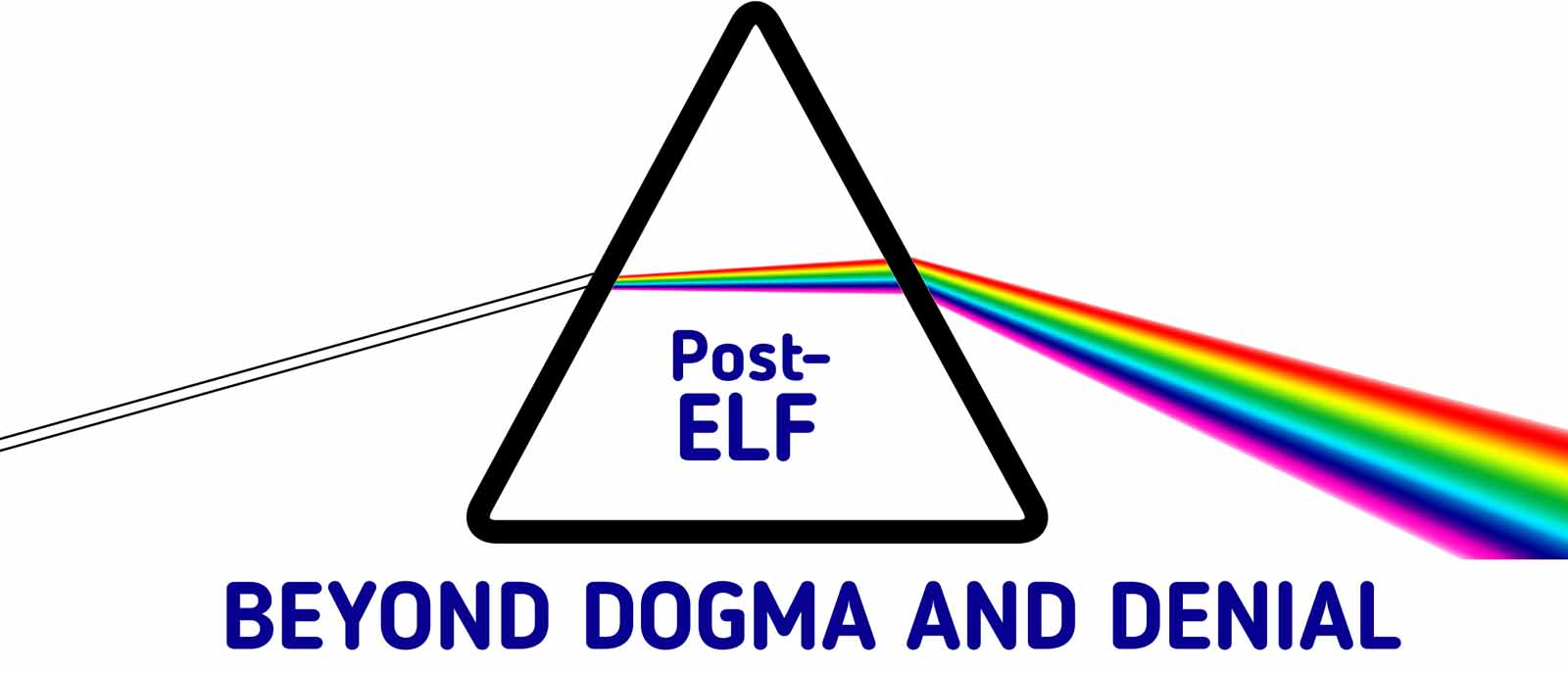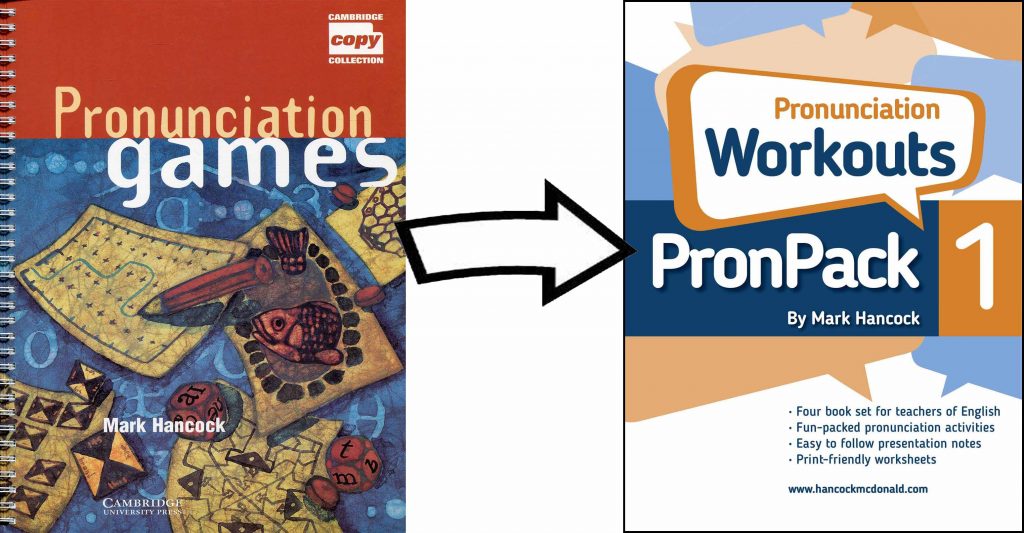 When the implications of English as a Lingua Franca (ELF) first hit the consciousness of the ELT community at the beginning of this century, reactions tended to polarize between dogma and denial. On the dogma side were militants who saw native pronunciation models such as received pronunciation (RP) as a residue of colonialism which needed to be uprooted. From the denial point of view, these militants were a noisy distraction who would hopefully tire themselves out and go away. These are caricatures admittedly, but let’s run with them a little… Continue reading “Post-ELF 5: Beyond Dogma and Denial”
When the implications of English as a Lingua Franca (ELF) first hit the consciousness of the ELT community at the beginning of this century, reactions tended to polarize between dogma and denial. On the dogma side were militants who saw native pronunciation models such as received pronunciation (RP) as a residue of colonialism which needed to be uprooted. From the denial point of view, these militants were a noisy distraction who would hopefully tire themselves out and go away. These are caricatures admittedly, but let’s run with them a little… Continue reading “Post-ELF 5: Beyond Dogma and Denial”
From Pronunciation Games to PronPack

Pronunciation Games (CUP 1995) was my first book, and it still sells today over two decades later. It’s a resource book for teachers, consisting of 36 photocopiable game pages along with step by step teaching notes. It proved to be immediately popular and won an award – the Frank Bell prize – shortly after publication. Nowadays, when I am out at ELT events, people often tell me how much they have been influenced by the book.
In the years since writing Pronunciation Games, I went on to write a wide variety of ELT books about pronunciation and other topics, but throughout that time, I have been reflecting on that first book: What was good about it? What were its shortcomings? What would I do differently today? The answer to these questions are what lie at the heart of my new series PronPack 1-4. Continue reading “From Pronunciation Games to PronPack”

